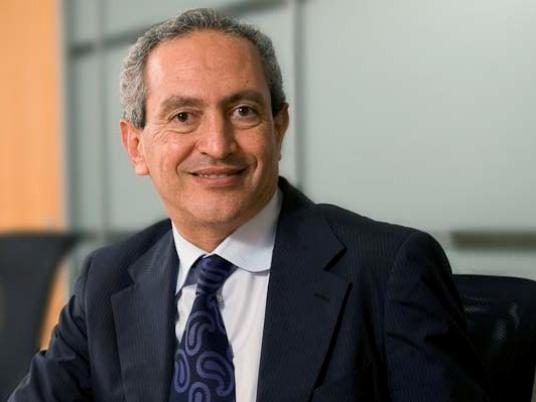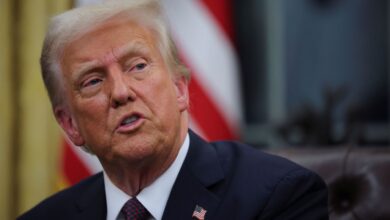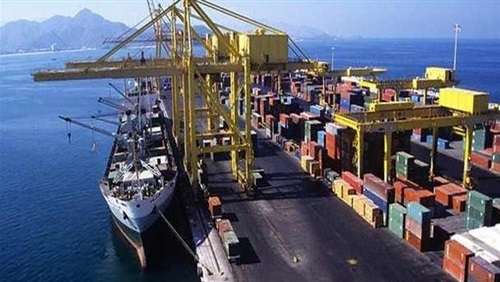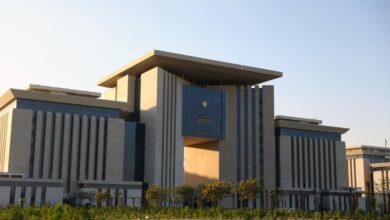In a newly-leaked US Embassy cable, American officials report concerns over the arrest of three senior Muslim Brotherhood members in Egypt.
The cable, dated February 2010, highlights the growing attention US officials have been paying to Egyptian domestic politics this year.
On 8 February, Egyptian police detained Brotherhood Deputy Supreme Guide Mahmoud Ezzat, spokesperson Essam al-Eryan and group mufti Abdel Rahman al-Barr. The arrests followed the election of the Mohammed Badie, a Brotherhood leader once belonging to the group’s radical wing, as the new Supreme Guide.
“MB sources tell us that the group was originally detained, and their homes searched, under the Emergency Law but that their detention will likely be justified under an "investigative file" that will be opened to their lawyers next week,” says the cable, which has been leaked to Al-Masry Al-Youm and not yet been published by WikiLeaks.
The cable notes that the arrests were made prior to the 2010 parliamentary election and the Brotherhood’s internal elections for its 100-person Shura Council, or legislative body, suggesting US concern that the round-ups could destabilize both processes.
The cable underscores the potential dangers of recurrent Brotherhood arrests, saying that “the detention of these leading figures, including the newly elected Deputy Supreme Guide, seems to represent an escalation.”
It also warns of the possible consequences of state repression, saying that “the move could backfire on the government, presenting an already weakened MB in a sympathetic light, and highlighting GOE [Government of Egypt] insecurity ahead of elections.”
Before the Brotherhood arrests, an Egyptian opposition politician told US political officers in Egypt that he was working with various opposition movements, including the Brotherhood, to form a national coalition, says the cable. He affirmed, however, that the group would remain silent about its plans until the coalition was formed.
The coalition was not identified as the National Coalition for Change, which was formed following the advent of Mohamed ElBaradei, former UN nuclear watchdog and reformer, into the opposition scene.
US officials have been closely following Egyptian domestic politics in 2010, especially as uncertainties over who will be the country’s next president continue to loom large. The Brotherhood, Egypt’s largest opposition group, has been the target of repeated security crackdowns, which aim at limiting its political influence. The Islamist group failed to win a single seat in the 28 November parliamentary elections, which many believe is a result of state repression and interference in the candidate selection, campaigning and voting processes.




